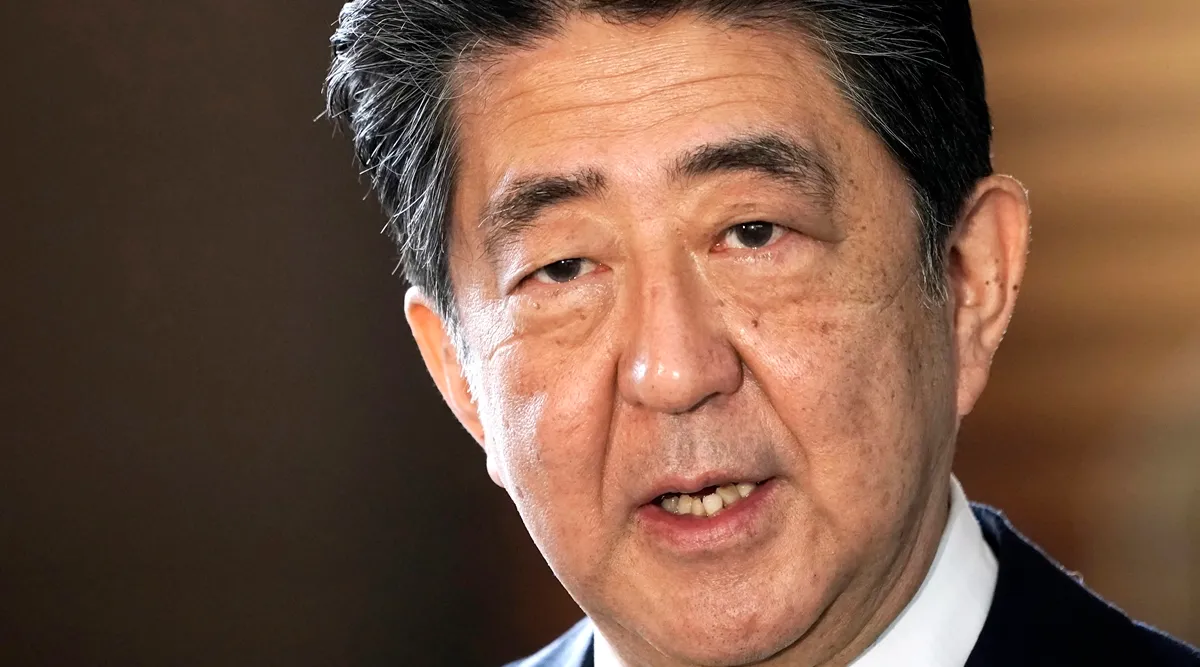 Japan Prime Minister Shinzo Abe (AP/File)
Japan Prime Minister Shinzo Abe (AP/File)Japan’s former prime minister Shinzo Abe was assassinated in the western city of Nara on Friday, news agency Reuters reported, quoting public broadcaster NHK. Abe was delivering a speech ahead of elections on Sunday, when he was reportedly shot multiple times in the chest and neck. A suspect, identified as Tetsuya Yamagami was detained at the scene, and is being questioned.
Japan’s longest-serving post-war premier, Abe occupied the top post for eight years between 2012 and 2020, and before that, from 2006 to 2007. The former prime minister announced his resignation in August 2020, citing health concerns. He later revealed he was being treated for ulcerative colitis, a chronic intestinal disease. He was succeeded by fellow Liberal Democratic Party (LDP) leader Yoshihide Suga, who was later replaced by Fumio Kishida.
Following Abe’s resignation, he remained a central figure in Japan’s LDP, where he controlled one of its dominant factions.
During his time in office, Abe left an indelible mark on the country’s foreign and economic policies — strengthening ties with Japan’s allies abroad and attempting to revitalise the Japanese economy with his trademark ‘Abenomics’ policies.
Subscriber Only Stories
Abe came from a political family. His grandfather Nobusuke Kishi was prime minister (1957-60), while his father Shintaro Abe was foreign minister (1982-86).
Abe had a tumultuous tenure, mired by political controversy and worsening relations with neighbour South Korea. However, Abe had managed to survive it all.
His economic policies, that helped him get elected again in 2012, and his hardline stance on Japan’s revisionist history had led to many observers describing him as a right-wing nationalist leader.
One of his more-controversial goals was revising Article 9 of the constitution, which stipulates that “the Japanese people forever renounce war as a sovereign right of the nation”. The article was added to the-then newly-minted Japanese constitution following the end of the Second World War. At the behest of the US, a clause in the constitution forbade the country from maintaining an army, navy or air force.
He did, however, manage to send troops to fight overseas for the first time since the Second World War. He was also credited with strengthening the country’s military by bolstering defence spending.
His leadership was said to have transformed Japan’s relationship with India. Notably, he was the first Japanese PM to be chief guest at India’s Republic Day parade in 2014.
- The Indian Express website has been rated GREEN for its credibility and trustworthiness by Newsguard, a global service that rates news sources for their journalistic standards.

